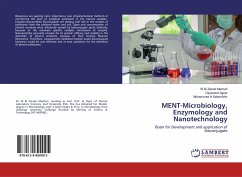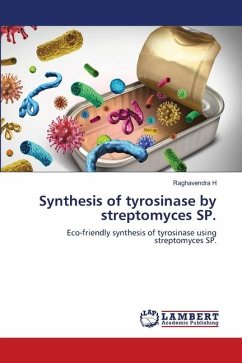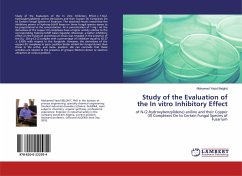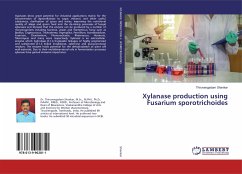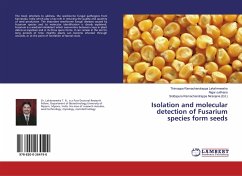Tyrosinases (monophenol, di-phenol oxygen oxidoreductase, EC (1.14.18.1) are the copper- containg enzymes which catalyse the o-hydroxylation of monophenols and even subsequent oxidation of di-phenols to quinones. These enzymes are involved in pigmentation and are the important factors in wound mending and primary immune response. Tyrosinases are found in eukaryotic and prokaryotic microorganisms, in invertebrates, mammals and plants. Fusarium are included in the Nectriaceae family and represents one among the most important genus of the Hypocreales order ascribable to its impactful number of species and their practical part. In fungi, tyrosinases are basically associated with the formation and stability of spores, in defence and acridity mechanisms, and in browning and saturation. First characterized from the comestible mushroom Agaricus bisporus because of undesirable enzymatic browning problems during postharvest storage, tyrosinases were introduce, more recently, in several other fungi with relative insights into molecular and inheritable characteristics and into reaction mechanisms, pointing their veritably promising properties for biotechnological operations.
Bitte wählen Sie Ihr Anliegen aus.
Rechnungen
Retourenschein anfordern
Bestellstatus
Storno




